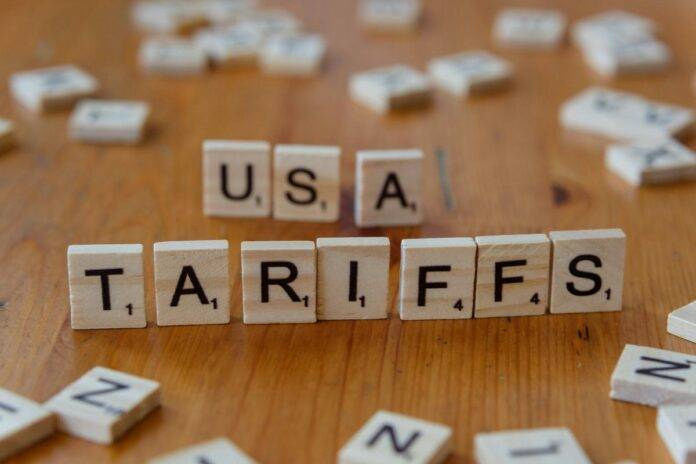The impact of tariff-driven trade wars on consumer hardware manufacturers has created a crisis for businesses like Suvie, a kitchen appliance maker. The CEO, Robin Liss, found herself facing the daunting task of relocating manufacturing operations out of China to avoid the steep tariffs imposed by the Trump administration. This urgent decision was necessary to protect the company’s bottom line and ensure its survival in the face of escalating trade tensions.
In a recent CNBC interview, Liss expressed the urgency of the situation, highlighting the need to reconfigure Suvie’s manufacturing and supply chain operations within a tight timeline to meet the demands of the upcoming sales season. With over 500 components sourced from various regions in China, the company’s reliance on the country’s manufacturing capabilities made it particularly vulnerable to the impact of tariffs.
As Liss embarked on a trip to Asia in search of alternative manufacturing options, the reality of the situation became clear. The prospect of running out of appliances due to supply chain disruptions loomed large, underscoring the critical nature of finding a viable solution to navigate the challenges posed by the trade war.
The dilemma faced by Suvie is emblematic of the broader challenges confronting consumer hardware manufacturers in the current economic climate. Companies like Apple, Google, and Suvie are heavily reliant on Asian manufacturing facilities, a result of decades of offshoring that has eroded domestic manufacturing capacity in the United States. The prospect of bringing production back to the U.S. presents significant cost implications and logistical hurdles, making it a daunting proposition for many companies.
The repercussions of the tariff-driven trade war have forced hardware manufacturers to rethink their supply chain strategies and explore alternative options to mitigate the impact of tariffs. The urgency of the situation has prompted companies to reassess their operations and make difficult decisions to safeguard their businesses in the face of economic uncertainty.
Suvie’s experience is a cautionary tale for other hardware makers grappling with the challenges of navigating a complex and volatile global trade environment. The ability to adapt and innovate in response to changing market dynamics will be crucial for companies seeking to weather the storm and emerge stronger on the other side.
In conclusion, the current crisis facing consumer hardware manufacturers underscores the need for proactive measures and strategic planning to address the challenges posed by tariff-driven trade wars. The resilience and adaptability of businesses like Suvie will be tested in the coming months as they navigate a landscape fraught with uncertainty and volatility. Only time will tell which companies will successfully navigate these turbulent waters and emerge stronger on the other side.




